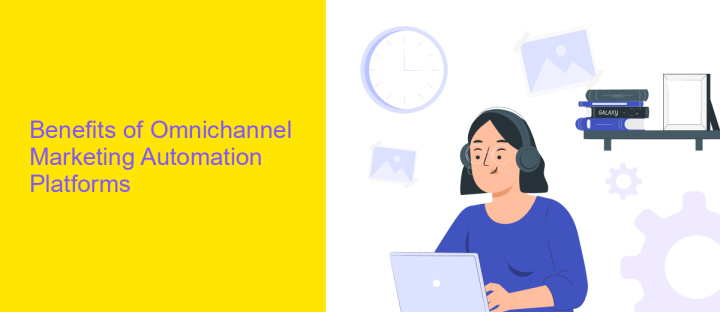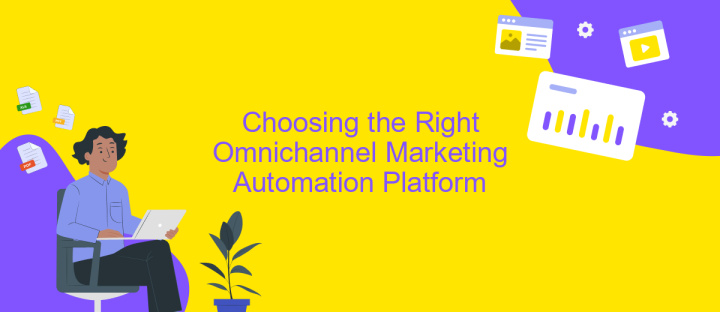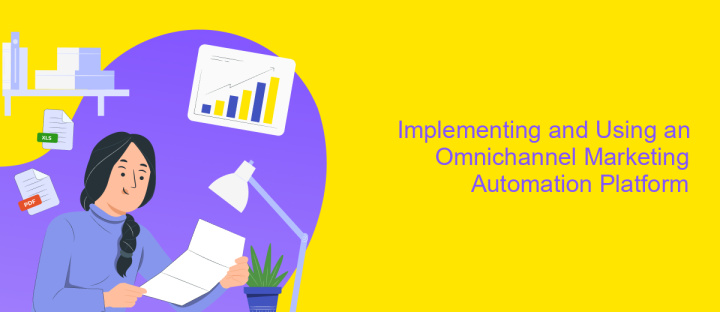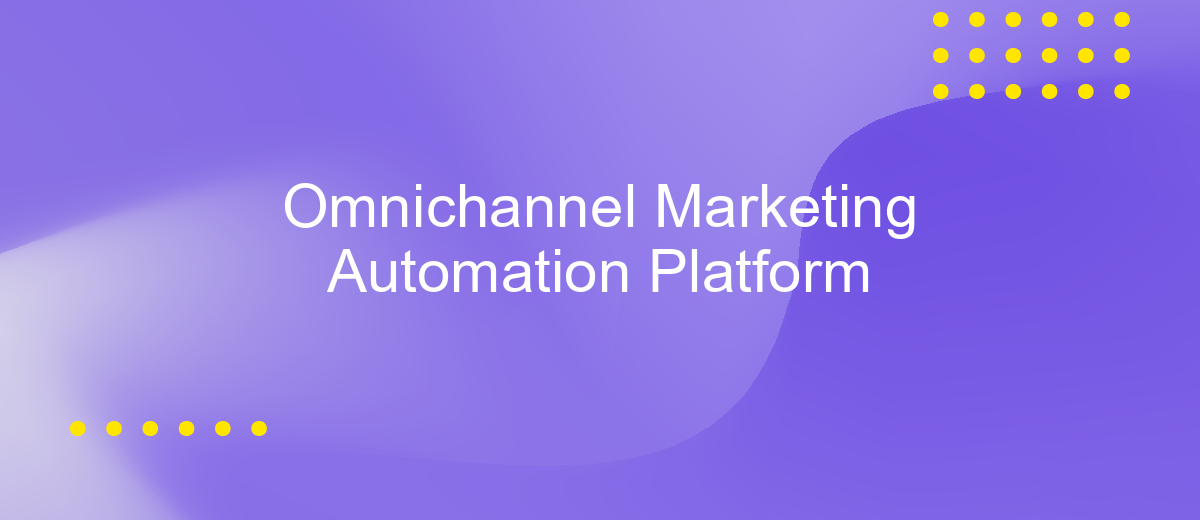Omnichannel Marketing Automation Platform
In today's fast-paced digital landscape, businesses must seamlessly integrate various marketing channels to stay competitive. An Omnichannel Marketing Automation Platform offers a robust solution, enabling companies to streamline customer interactions, personalize content, and optimize campaigns across multiple touchpoints. This article explores the key features, benefits, and strategies for leveraging such a platform to enhance customer engagement and drive business growth.
Introduction
In the rapidly evolving digital landscape, businesses are constantly seeking innovative ways to engage with their customers. Omnichannel marketing automation platforms have emerged as a powerful solution, enabling companies to deliver a seamless and personalized customer experience across multiple channels. By integrating various marketing tools and technologies, these platforms help businesses streamline their marketing efforts and achieve higher levels of efficiency and effectiveness.
- Enhanced customer engagement through personalized interactions.
- Streamlined marketing processes with automation.
- Increased ROI through targeted campaigns.
- Data-driven insights for better decision-making.
- Consistent brand messaging across all channels.
As consumer expectations continue to rise, leveraging an omnichannel marketing automation platform is no longer a luxury but a necessity for businesses aiming to stay competitive. This approach not only ensures a cohesive customer journey but also empowers marketers to optimize their strategies based on real-time data and analytics. In this article, we will explore the key features, benefits, and best practices of implementing an omnichannel marketing automation platform.
Benefits of Omnichannel Marketing Automation Platforms

Choosing the Right Omnichannel Marketing Automation Platform

Choosing the right omnichannel marketing automation platform can be a game-changer for your business. It’s essential to consider several factors to ensure you select a solution that aligns with your marketing goals and operational needs. The right platform will help you streamline processes, enhance customer engagement, and drive revenue growth.
- Integration Capabilities: Ensure the platform can seamlessly integrate with your existing systems and tools.
- User-Friendly Interface: The platform should be easy to navigate and use, even for non-technical team members.
- Scalability: Choose a solution that can grow with your business and handle increasing volumes of data and interactions.
- Analytics and Reporting: Opt for a platform that offers robust analytics to measure the effectiveness of your campaigns.
- Customer Support: Reliable customer support is crucial for troubleshooting and maximizing the platform’s potential.
By carefully evaluating these aspects, you can select an omnichannel marketing automation platform that not only meets your current requirements but also supports your future growth. A well-chosen platform will empower your marketing team to deliver personalized, timely, and relevant communications across all channels, ensuring a cohesive customer experience.
Implementing and Using an Omnichannel Marketing Automation Platform

Implementing an omnichannel marketing automation platform begins with a thorough assessment of your current marketing strategies and identifying areas for improvement. This foundational step ensures that the platform will address specific needs and align with your business goals. Next, choose a platform that integrates seamlessly with your existing systems, offering robust features that cater to your marketing channels.
Once the platform is selected, the integration process involves setting up data synchronization across all channels, configuring automation workflows, and personalizing customer interactions. It’s crucial to train your marketing team on how to use the platform effectively to maximize its potential.
- Conduct a comprehensive audit of current marketing efforts.
- Select a compatible omnichannel marketing automation platform.
- Integrate and synchronize data across all marketing channels.
- Configure automation workflows and personalize customer interactions.
- Provide training for the marketing team on platform usage.
Regularly monitor and analyze the performance of the platform to ensure it meets your marketing objectives. Adjust strategies based on data insights to continually optimize customer engagement and drive business growth. This proactive approach will help you stay ahead in a competitive market.


Conclusion
In conclusion, an Omnichannel Marketing Automation Platform is essential for businesses aiming to deliver a seamless and personalized customer experience across various channels. By integrating multiple touchpoints such as email, social media, SMS, and web, companies can ensure consistent messaging and improve customer engagement. This holistic approach not only enhances customer satisfaction but also drives higher conversion rates and brand loyalty.
Additionally, leveraging tools like ApiX-Drive can significantly streamline the integration process, enabling businesses to connect various marketing channels effortlessly. ApiX-Drive offers a user-friendly interface and robust features that facilitate the automation of workflows, saving time and reducing manual errors. As a result, companies can focus more on strategic initiatives and less on operational complexities, ultimately achieving greater efficiency and effectiveness in their marketing efforts.
FAQ
Do you want to achieve your goals in business, career and life faster and better? Do it with ApiX-Drive – a tool that will remove a significant part of the routine from workflows and free up additional time to achieve your goals. Test the capabilities of Apix-Drive for free – see for yourself the effectiveness of the tool.

